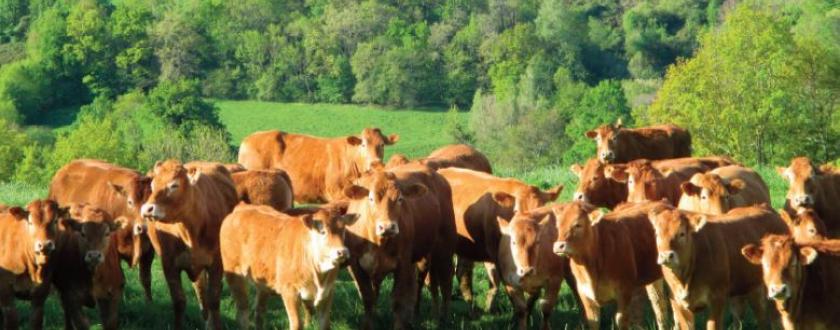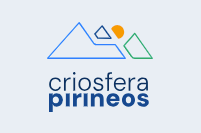OPTI'PRAIRIES. Grasslands: the pillar of livestock system evolution towards triple output
Description of the case study
Thirteen livestock farmers from Ariège (mainly beef and cow's milk production) have come together around a common goal: to strengthen the role of natural pasture in their production systems. The Opti`Prairies Economic and Environmental Interest Group (GIEE) has been set up to create new benchmarks for high quality, low environmental impact livestock farming by giving pastures renewed importance.
The Opti`Prairies project aims to strengthen the role of pastures in bovine livestock systems in the French Central Pyrenees. The main challenge in that regard is to achieve farms which are more autonomous, more economically viable and better adapted to climate change. Choice of grazing areas in each stage of the year, livestock pressure or mechanisation in each area are the main questions which will be investigated through practice by the 13 livestock farmers involved.
The main objectives of the GIEE Opti'Prairies are as follows:
- Enhance the value of grass pasture as much as possible through species selection and management of livestock pressure, fertilisation and water resource use.
- Increase the autonomy of these farms with respect to the use of external resources.
- Improve the climate change adaptation of livestock pasture.
The main actions carried out by the project are as follows:
- Development of joint training on dynamic grazing and improved selection of pasture species.
- Trials around simplified cultivation techniques, specific mixes of pasture species and different types of fertiliser for implementation on grasslands and subsequent monitoring of production.
Case mainly developed and implemented via objectives from other non-adaptation policies, though with significant consideration for climate change adaptation aspects.
Chambre d’agriculture de l’Ariège, Institut technique IDELE, INRA, Chambre d'agriculture d’Occitanie, GIEE Bois Paysan, GIEE Conser'sols and Groupes Dephy polyculture-élevage.
Additional Information
The GIEE Opti'Prairies is promoted by 13 livestock farmers from the French department of Ariège, with the support of the Chambre d’agriculture de l’Ariège, Institut technique IDELE, INRA, Chambre d'agriculture d’Occitanie, GIEE Bois Paysan, GIEE Conser'sols and Groupes Dephy polyculture-élevage.
Success: high dissemination capacity owing to the diversity of the stakeholders involved; the proposed grazing techniques are highly adaptable; improved economic and material autonomy of the farms involved means less dependence on raw material fluctuations in the market.
Not included.
Financial support from EAFRD-CAP EU funds for agricultural innovation and regional funding of the successive GIEE implemented, managed through DRAAF Occitanie.
2017-2020 (6 years - in progress)
Reference information
PYRENEAN CLIMATE CHANGE OBSERVATORY
Avenida Nuestra Señora de la Victoria, 8
22.700 - Jaca
Huesca - España
+34 974 36 31 00
info_opcc@ctp.org





